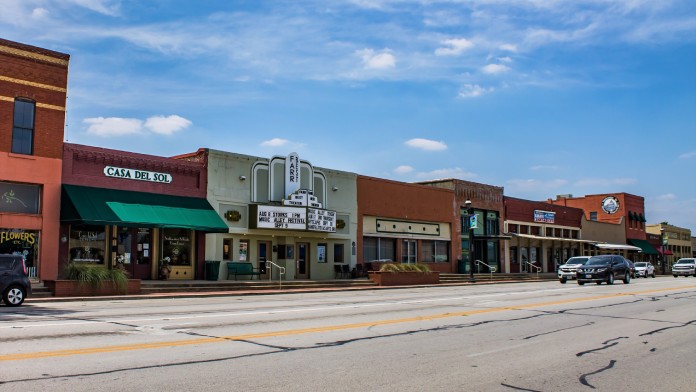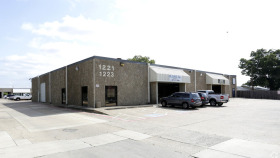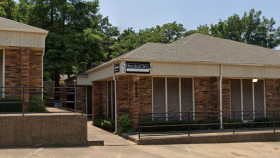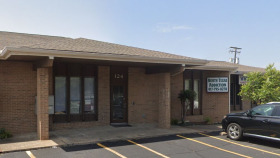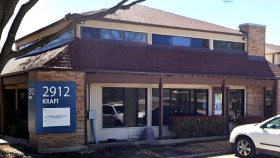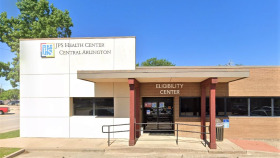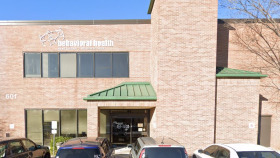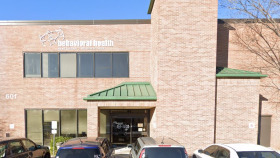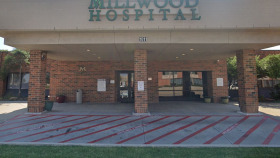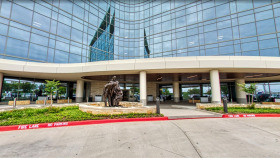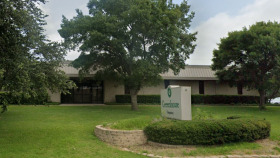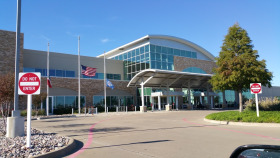Substance Abuse Statistics in Mansfield, TX
Most of the residents in Mansfield, TX, live in Tarrant County, which is part of the Region 3bc substate region of Texas. The following statistics show the extent and impact of drug and alcohol use in Tarrant County and the Region 3bc substate region of Texas:1,2
About 1% of residents older than 12 years used cocaine in the past year.
Less than 1% of residents older than 12 years used methamphetamine in the past year.
About 4% of residents older than 12 years reported misuse of pain relievers in the past year.
Close to 23% of residents older than 12 years reported binge alcohol use in the past month.
Levels of Care for Rehabs in Texas
The following types of substance abuse treatment offer various levels of care. Some Texans enter treatment at the most restrictive levels and move through the continuum of care, while others only require the least intensive interventions.
Alcohol and Drug Detoxification
Detox is the process of safely and comfortably removing drugs or alcohol from your system. This occurs under medical supervision in a hospital, residential, or outpatient setting, to manage withdrawal symptoms and allow Texans to transition into formal treatment services.
Residential or Inpatient
Residential or inpatient treatment involves living at the rehab facility and receiving 24/7 supervised care. A combination of treatment interventions is offered, including individual and group therapy, nutritional counseling, experiential therapies, and medication.
Partial Hospitalization Programs (PHPs)
PHPs allow Texans to live at home while attending treatment at a hospital. You may participate in many of the same treatment methods as inpatient care, but you can return home during non-treatment hours.
Intensive Outpatient Programs (IOPs)
A step down from a PHP, IOPs allow you to attend a few hours of counseling over several days each week. This allows you to spend the rest of your time at home, school, working, or fulfilling other obligations.
Standard Outpatient
The least intensive treatment option, standard outpatient care involves one to two hours of treatment per week. Highly motivated people with a strong support system tend to find this level beneficial.
Relapse Prevention
Relapse prevention, also known as aftercare, begins when you complete a rehab program. It involves ongoing encouragement through therapy, 12-step groups, non-12-step groups, sober living homes, and other types of support.
How to Pay for Addiction Treatment in Mansfield, Texas
Private Insurance
All insurance providers are required by law to provide coverage for substance abuse and mental health treatment services in some capacity. Coverage varies by plan, so Texas residents must contact their providers to learn about their specific coverage.
Texas Medicaid
The Texas Medicaid program offers health insurance for low-income residents. This includes various treatment services like inpatient drug rehab and outpatient substance abuse treatment. Most Medicaid services in Texas are delivered through managed care health plans under contract with the state. Before enrolling in a rehab program, individuals should confirm that the facility accepts Medicaid as a form of payment.
Texas Medicare
Texas Medicare is a federal program that provides healthcare coverage to residents with end-stage renal disease, those with certain disabilities, and those over the age of 65. Texas residents can use Medicare to cover the cost of drug addiction treatment services, including rehab. However, not all rehabs accept Medicare insurance. Texas offers a free helpline to guide residents through the complexities of Medicare coverage: 800-252-9240.
TRICARE in Texas
Texas TRICARE (West region) is a government program providing health insurance coverage to the U.S. Armed Forces military personnel, veterans, and their families. TRICARE coverage includes addiction treatment services, such as rehab and medication-assisted treatment.
Sliding Scale Rehabs
Sliding scale rehabs are income-based, charging only what Texans can reasonably afford based on how much they earn. To qualify for these programs, individuals must provide proof of income.
IHS-Funded Drug Rehabs
Drug rehabs funded by the Indian Health Service (IHS) provide free addiction treatment to Indigenous people in the U.S. and Alaskan Natives.
Traveling to and Within Mansfield, TX

Mansfield, Texas, is a suburban city with an extensive transportation system that makes it easy to travel to and from the city as well as within Mansfield and the Dallas-Fort Worth area. Here are some valuable travel tips if you plan to seek help from one of the alcohol or drug rehabs in Mansfield, Texas, or visit a loved one at a facility:
- Dallas/Fort Worth International Airport, a hub for American Eagle, Spirit Airlines, American Airlines, and Mesa Airlines, is a 45-minute drive from Mansfield.
- Short Field Airport, Jack Miller Airport, Hess Airport, and Flying L. Airpark Airport are located in Mansfield, Texas.
- Mansfield is served by the Fort Worth Amtrak station, which is 17 miles away.
- Trinity Metro provides bus service along Route 28 Mansfield highway.
- Transportation options in Mansfield include Greyhound bus services, taxis, limos, and ride-sharing apps.
- There are many hotels and housing options in Mansfield, including budget-friendly options to prevent you from breaking the budget during your stay.
- There are more than 100 dining options to choose from in Mansfield. You can explore the restaurant scene as you improve your health.
- Shopping centers in Mansfield include outlets like the Grand Prairie Premium Outlets and malls, such as the Parks Mall at Arlington.
Texas Alcohol and Drug Laws
Texas lawmakers have enacted the following laws regarding substance use:1,2,3,4
Texas Good Samaritan Overdose Prevention Statute: This law is designed to encourage Texas residents to seek emergency medical attention during an overdose situation. It protects individuals who call 911 for assistance with a suspected overdose from prosecution for possession of certain controlled substances (if they have not called 911 for an overdose in the preceding 18 months).
Sandra Bland Act: This law provides for rehab for individuals arrested or convicted of non-violent crimes. Per this statute, Texas criminal justice officials must work to identify people with suspected substance use concerns and divert these individuals to an appropriate treatment facility rather than incarcerate them.
Texas Protections for Employees Seeking Addiction Treatment: Under the Family and Medical Leave Act (FMLA), Texas employees who voluntarily seek alcohol and drug treatment may be eligible for time off work for this treatment. The Americans with Disabilities Act (ADA) also provides some protections for employees who seek addiction treatment
Marijuana Laws: Texas law is among the strictest in the country regarding marijuana. Recreational use and growth are illegal, and medical use is legal but heavily regulated. Penalties for use, growth, possession, or sale of marijuana range from 180 days in jail and a $2,000 fine to life imprisonment and a $50,000 fine.
Resources
- Substance Abuse and Mental Health Services Administration. (n.d.). 2016 -2018 NSDUH Substate Region Estimates – Tables.
- Texas Department of State Health Services. (n.d.). Texas Health Data.

